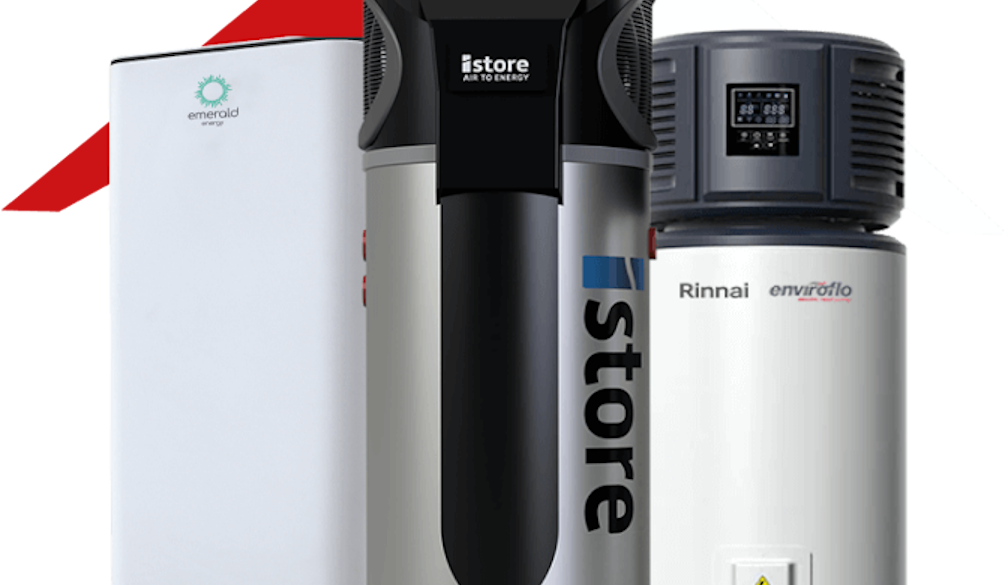Upgrading Your Hot Water System: When and Why?

Hot water systems are an essential component of any household, providing the comfort of warm showers, clean dishes, and effective laundry. However, like any other appliance, hot water systems have a finite lifespan. Knowing when to upgrade your hot water system is crucial for maintaining comfort, efficiency, and safety in your home. This article will explore the signs that indicate it’s time to consider an upgrade, the benefits of newer systems, and why delaying the decision could cost you more in the long run.
Signs It’s Time to Upgrade
1. Age of the System
- The average lifespan of a traditional tank-based hot water system is about 8 to 12 years, while tankless systems can last up to 20 years. If your system is nearing or has surpassed these time frames, it’s time to start considering an upgrade. Older systems are more likely to break down, become inefficient, and cost you more in repairs and energy bills.
2. Inconsistent Hot Water Supply
- If you’ve noticed that your hot water supply is running out faster than it used to, or if the water takes longer to heat up, this could indicate that your system is struggling to keep up with demand. This is especially common in households that have grown over the years, adding more bathrooms or appliances that require hot water.
3. Rising Energy Bills
- An old or inefficient hot water system can significantly increase your energy bills. If you’ve noticed a steady rise in your utility costs without a corresponding increase in usage, your hot water system could be the culprit. Newer models are designed to be far more energy-efficient, potentially saving you a substantial amount of money over time.
4. Rusty or Discolored Water
- If the water from your taps is rusty or discoloured, this could indicate that the tank is rusting. Once corrosion sets in, the integrity of the tank is compromised, increasing the risk of leaks and potential flooding. This is a clear sign that a replacement is necessary.
5. Strange Noises
- Unusual noises, such as rumbling, popping, or cracking, coming from your hot water system, are often a sign of sediment buildup at the bottom of the tank. While regular maintenance can alleviate this issue, persistent noise typically means the system is nearing the end of its life and may need to be replaced.
The Benefits of Upgrading
1. Improved Energy Efficiency
- Modern hot water systems are designed with energy efficiency in mind. Upgrading to a newer model can reduce your energy consumption by up to 50% in some cases. For instance, tankless systems heat water on demand, eliminating the need for a storage tank and reducing energy wastage. Solar water heaters or heat pump systems also offer significant savings and are more environmentally friendly.
2. Enhanced Comfort and Convenience
- Newer systems provide more consistent water temperatures and can be sized to meet the specific needs of your household. If your family has grown or if you’ve added new appliances like a dishwasher or additional bathroom, upgrading ensures that everyone has access to hot water when they need it, without the risk of running out.
3. Lower Maintenance Costs
- Older systems often require more frequent maintenance and repairs, which can add up over time. Upgrading to a new system reduces these costs and provides peace of mind, knowing that your hot water system is reliable and less likely to break down unexpectedly.
4. Better Environmental Impact
- Reducing your household’s carbon footprint is more important than ever. Upgrading to a more efficient hot water system, such as a solar or high-efficiency electric model, not only reduces your energy bills but also contributes to a healthier environment. Many of these systems qualify for government incentives or rebates, further offsetting the cost of installation.
Why Delaying the Upgrade Can Be Costly
1. Increased Repair Costs
- As a hot water system ages, it becomes more prone to breakdowns. Each repair can be costly, and those costs can quickly add up. Moreover, frequent repairs are a sign that the system is no longer reliable, leading to potential disruptions in your daily routine.
2. Higher Energy Bills
- The longer you wait to upgrade, the more money you’ll spend on energy. Older systems are less efficient and require more power to heat the same amount of water, leading to higher utility bills. Over time, the extra cost of operating an inefficient system can easily exceed the price of a new, more efficient model.
3. Risk of Water Damage
- An old hot water system is more likely to develop leaks, which can cause significant water damage to your home. Water damage not only leads to costly repairs but can also result in mould growth, which poses serious health risks. Upgrading before a catastrophic failure occurs can save you from these potential headaches.
4. Decreased Home Value
- If you’re planning to sell your home, an outdated hot water system can be a deterrent for potential buyers. A modern, efficient system, on the other hand, can increase your home’s appeal and possibly its market value.
Conclusion
Upgrading your hot water system is an investment in comfort, efficiency, and safety. While it may be tempting to put off the decision, doing so can lead to higher costs and potential damage to your home. By recognising the signs that it’s time to upgrade and understanding the benefits of a new system, you can make an informed decision that will benefit you and your household for years to come. Whether you’re dealing with rising energy bills, inconsistent water temperatures, or an aging system, now is the time to consider an upgrade.

















